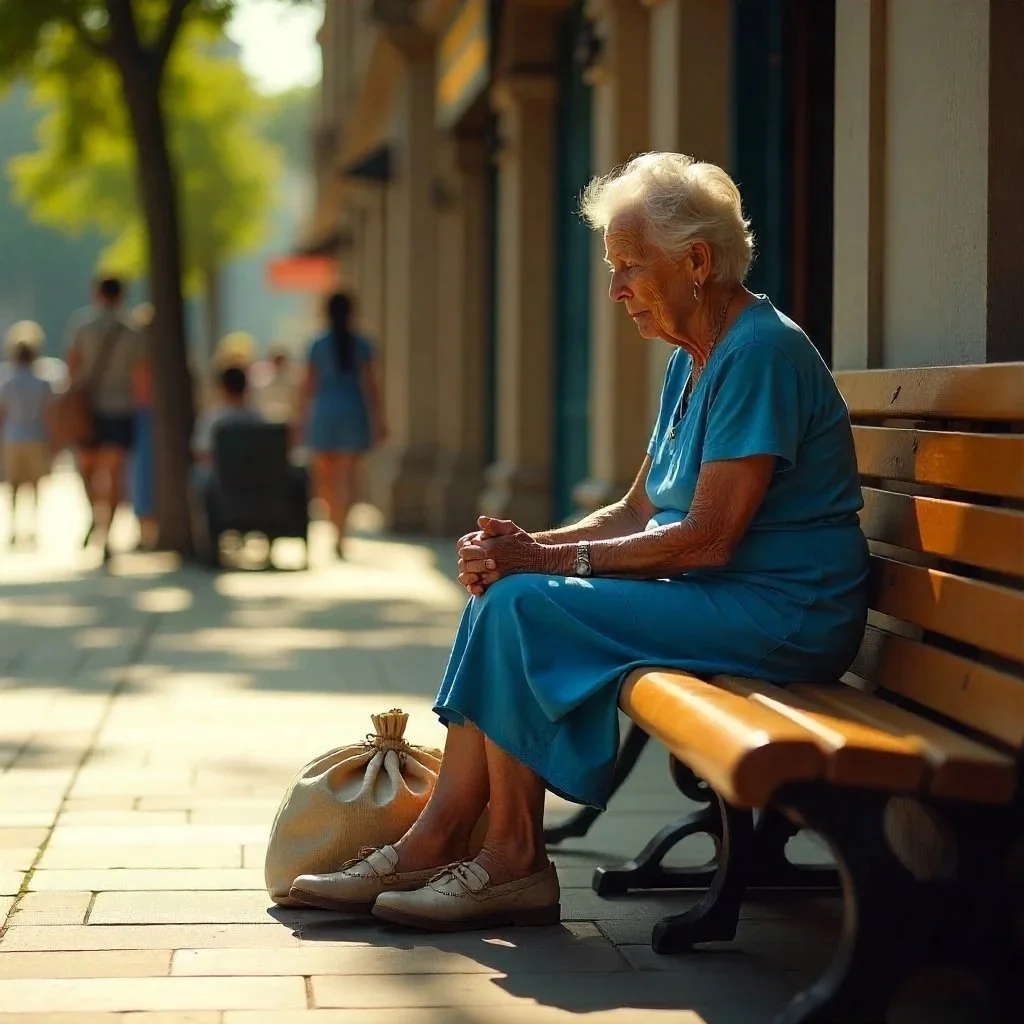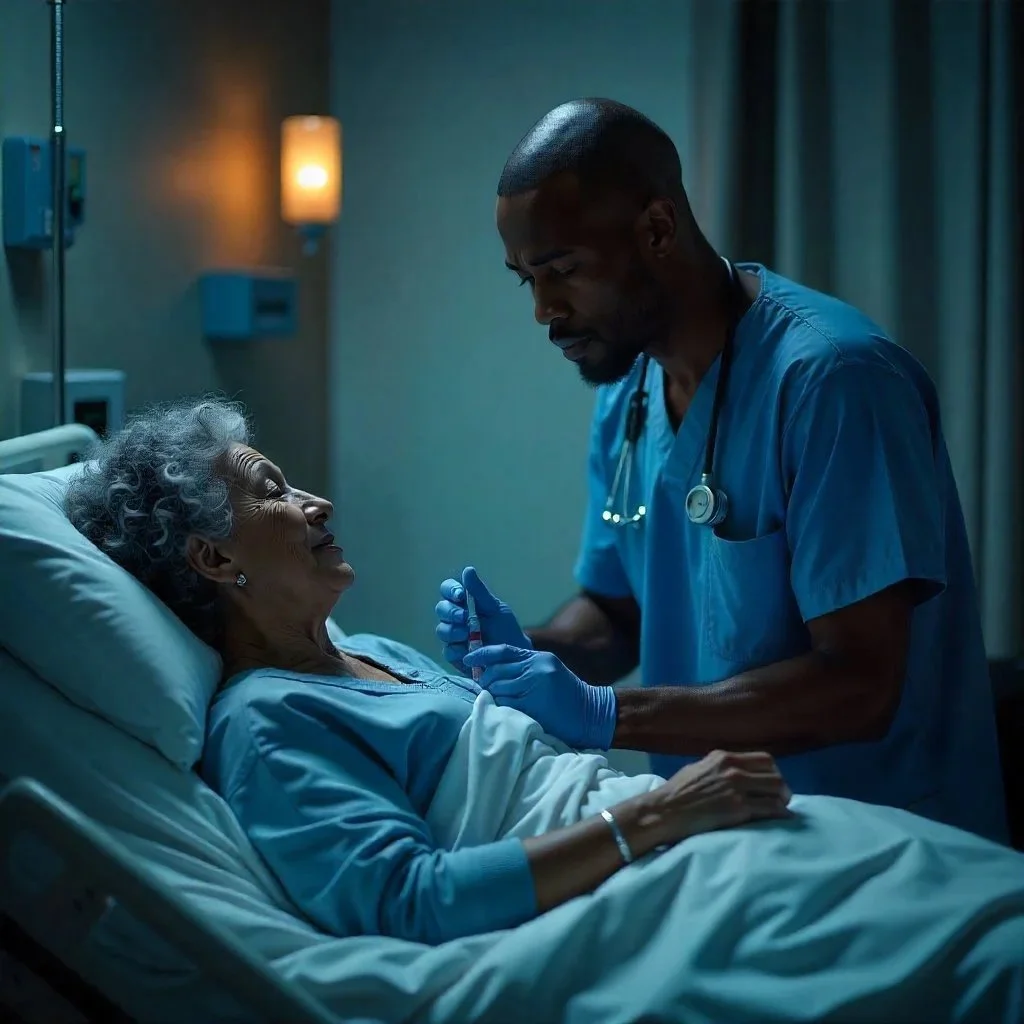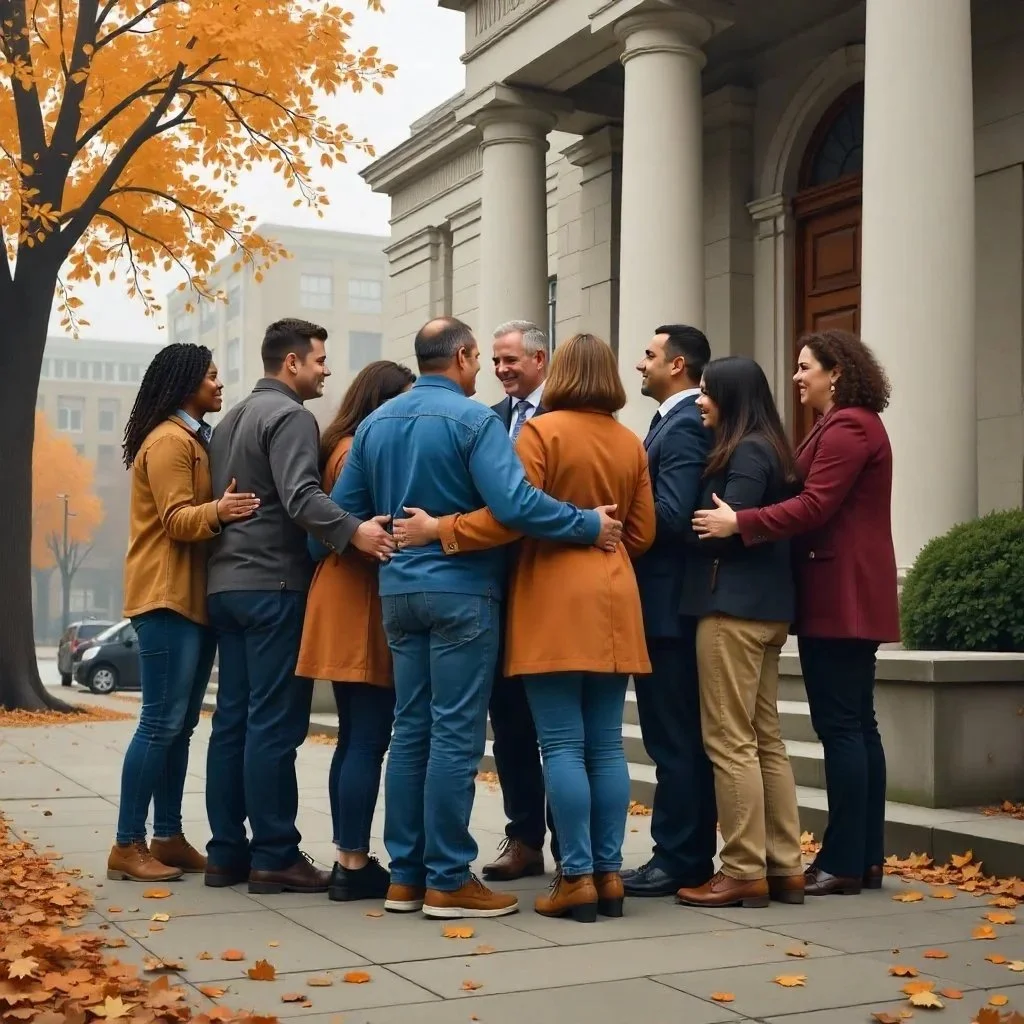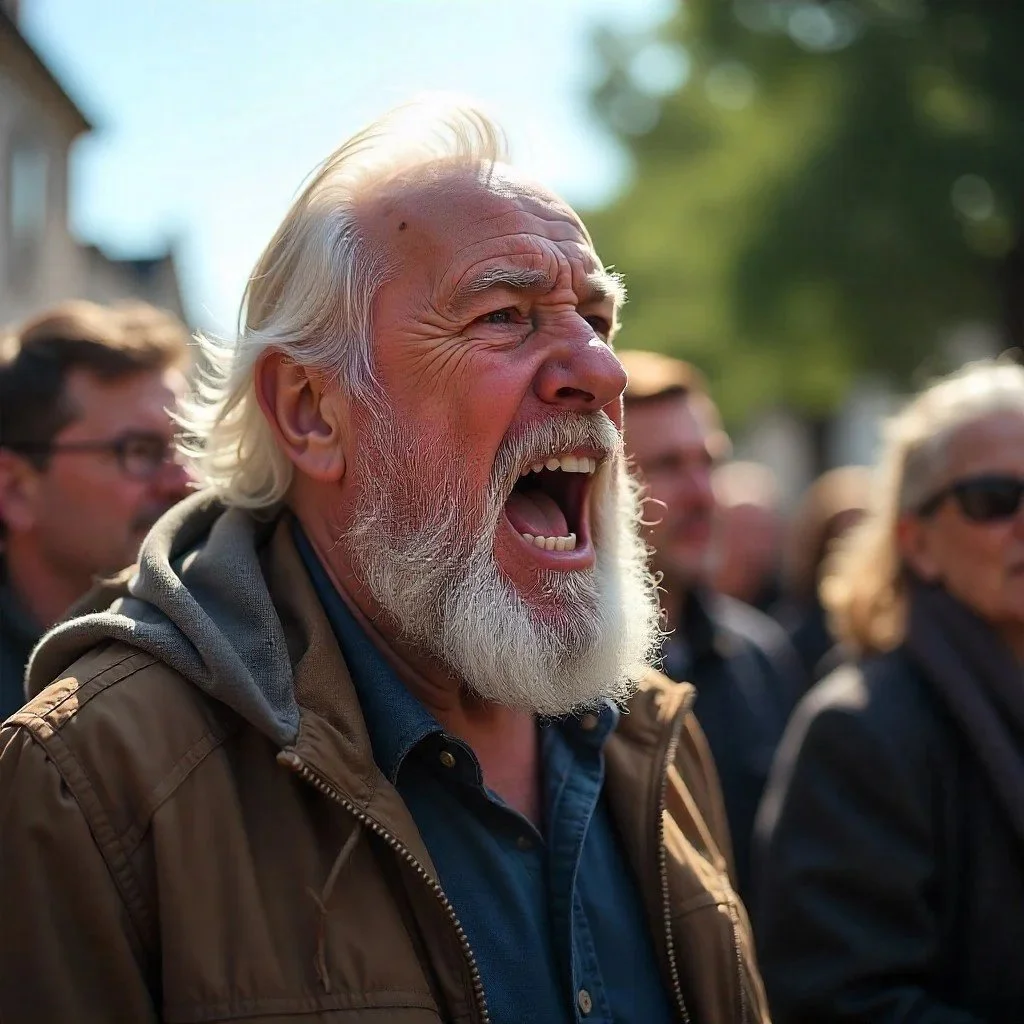Learning From Those at the End of Their Lives
Written by Rev. Dr. Scott Paczkowski
“Do your best to present yourself to God as one approved, a worker who has no need to be ashamed, rightly handling the word of truth.”
Time is different at different moments in our lives. When I was a kid, visiting my grandparents, a day felt like it would go on for such a long time. When we raised our daughter, worked more than full-time, etc., the days seemed so long. As we’ve gotten older, our responsibilities have lessened, and the days now move at breakneck speed. If we are not intentional about treating our time as a valuable commodity, it will pass us by, and we will not accomplish all we desire before we retire or die.
Eric S. Burdon, in his article, “7 Things We Can Learn From Common Dying Regrets,” helps us ponder what we value in the time remaining. Burdon interviewed individuals in the last stage of time on this earth and found common themes of disappointment as they looked back on their life. In addition, these people had recommendations for younger people to embrace while they still have time. Here are a few of their learnings at the end of their lives.
“Be true with yourself.” Too many dying people let parents, employers, friends, or others influence who they were to become. They wished they had taken more leadership in their decision-making and responded to choices by choosing what made them happy rather than based on what other people desire. The dying also encouraged others to “express your feelings” regularly. You are not being true to yourself or your relationship with those you care about if you are unwilling to stick up for yourself or share your inner hopes and desires.
The dying encouraged others to “take better care of yourself” while there is still time. Smoking, drinking to excess, unhealthy eating, and refusing to exercise appear not to have lasting consequences when you are young but compound as one gets older. Billy Joel lied to us when he sang, “Only the good die young!” Finally, the dying asks others to “do more for others.” As one looks back on life, the moments of greatest joy came when then they cared for other people. I believe it is not a coincidence that the dying described values so often found encouraged in Scripture. The Biblical commands do not mean to keep us from enjoying life. Still, one finds true joy in living a life of faith, being true to oneself through our relationship with God, expressing our feelings as valued people, and caring for oneself and others. Even in the 21st century, the Bible remains relevant and inspirational.










